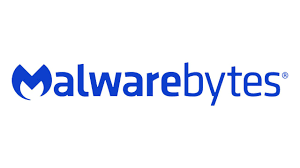In today’s information-saturated world, staying informed feels like an Olympic sport. Breaking news alerts blare, social media feeds overflow, and countless websites vie for our attention. But amidst this constant influx, how do we navigate the news landscape effectively and critically? This article delves into the nuances of modern news consumption, offering strategies to become a more informed and discerning reader.
Shifting Sands of the News Industry:
The traditional model of centralized news organizations delivering objective truths has given way to a more diverse and dynamic ecosystem. Social media platforms have emerged as powerful news sources, while citizen journalism and niche publications add new voices to the mix. This shift brings both benefits and challenges:
Accessibility and Diversity: News is readily available, catering to various interests and perspectives.
Misinformation and Bias: The lack of gatekeepers can lead to the spread of misinformation and the amplification of biased viewpoints.
Critical Consumption is Key:
To navigate this complex landscape, critical thinking is paramount. Here are some strategies to become a more informed and discerning news consumer:
Diversify Your Sources: Don’t rely on a single news outlet. Seek information from diverse sources with different perspectives and editorial policies.
Question Everything: Don’t accept headlines at face value. Question the source, evidence, and framing of every story.
Fact-Check Regularly: Use credible fact-checking websites to verify information and identify potential biases.
Be Mindful of Social Media: Be aware of algorithms that personalize your feed and echo chambers that reinforce existing beliefs.
Support Quality Journalism: Consider subscribing to reputable news organizations that prioritize in-depth reporting and fact-checking.
Moving Beyond the Headlines:
News consumption shouldn’t be a passive activity. Actively engage with the information you encounter:
Discuss with Others: Share and discuss news with friends, family, and colleagues from diverse backgrounds.
Seek Context: Research historical and cultural contexts to understand complex issues.
Form Your Own Opinions: Don’t blindly accept others’ interpretations. Analyze information, weigh evidence, and form your own informed opinions.
Remember: In an age of information overload, critical thinking and responsible consumption are crucial. By employing these strategies, you can navigate the news landscape with confidence, become a more informed citizen, and engage in meaningful conversations about the world around you.








Leave a Reply